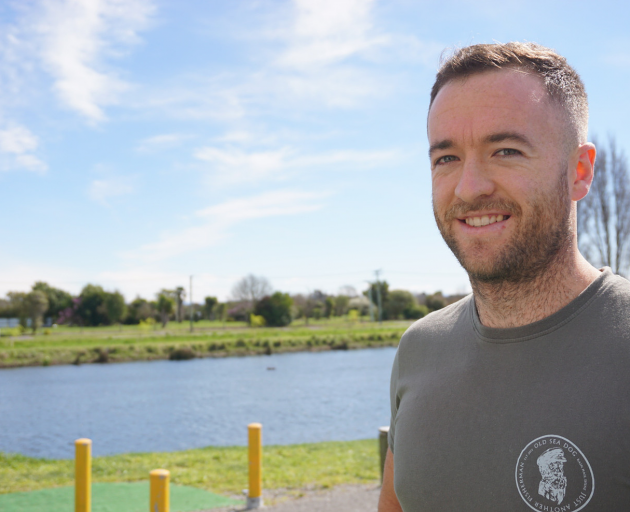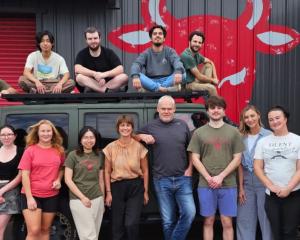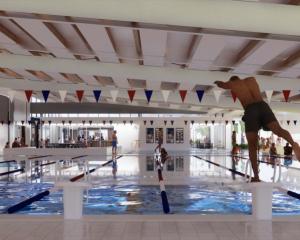
Not many of us would risk being jabbed by a used needle just to float on a dirty river – but for Paralympic kayaker Scott Martlew, Kerrs Reach is the only option.
Mr Martlew is concerned for his safety while kayaking on the section of the Avon River after heavy rain. And the visible pollution is only the tip of the iceberg.
“We’ve come across needles from time to time, which get left on the high tide mark,” Mr Martlew said.
Video: Katie Harris
Canterbury University stream biologist, Professor Jon Harding, said the river has historically also had moderately high levels of nutrients like nitrogen and phosphorus, which increases weed growth. He said sewage, intensive farming, garden fertilisers and animal faeces impact on the water quality.
“From a human health point of view, you don’t want to be drinking the water [at Kerrs Reach], so if you fall in and swallow two or three gulps of it you might get sick,” Prof Harding said.
He thinks beginner rowers and kayakers who are likely to go under the water should not be using Kerrs Reach and suggests they train in a pool first.
“I wouldn’t want to be practicing in there,” he said.
Mr Martlew and Prof Harding are not the only people concerned with water safety at Kerrs Reach. River users say during summer, overgrown weeds force them to train at high tide, making collisions more likely.
“The weed in the summer grows right up and obviously with our rudders on the kayak, it gets hooked right up, which interrupts the session,” Mr Martlew said.
University of Canterbury Rowing Club incoming president Milly Van Dam worries some of the rowers she coaches will fall in and be exposed to the water.
Environment Canterbury tested the area during summer and refers river users to the Land Air and Water Aotearoa website, which stated Kerrs Reach was unsuitable for swimming.
Canterbury Rowing Association regional manager and Christchurch Boys’ High rowing head coach Logan Keys said water quality has improved since the earthquake. However, he said Kerrs Reach still isn’t getting enough attention from ECan.
He said training is a constant battle and debris from whitebaiting makes rowing even more hazardous. “You go down the river and you’ll find wooden pellets and all sorts of obstacles,” Mr Keys said.
Many of his rowers have been in collisions and he says even the best rowers could get caught in the weed.
“With the younger ones, sometimes you don’t feel very safe putting them out in smaller boats when they are more likely to fall in. So it does dictate what kind of training you give them, like you might have to put them in a bigger boat,” Mr Keys said.
In spite of the questions over water quality, Kerrs Reach remains a popular spot for whitebaiting.
Three whitebaiters spoken to say the water quality is good, but they had also found needles and condoms in their nets.
Christchurch East MP Poto Williams said water quality is an issue and there is a plan in place throughout New Zealand to improve it.
She said urban and rural waterways should be safe to swim in and year-round monitoring at Kerrs Reach would allow users to know when it is at its worst.
In a statement, city council land drainage manager Keith Davison said weed removal occurs regularly in the Avon River, but it is a balancing act as the boat also works across the Styx and Heathcote rivers.
He said in certain parts of the Avon River, maintenance contractors wear protective gear to protect them from hazards such as used needles.
The city council also has a floating litter boom upstream from Kerrs Reach, which reduces rubbish and floating debris.
Environment Canterbury has given no indication it will increase its river monitoring period, so from April to October water users will continue to train on untested water.













